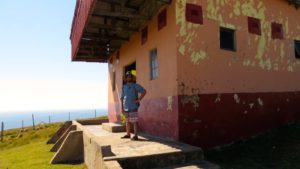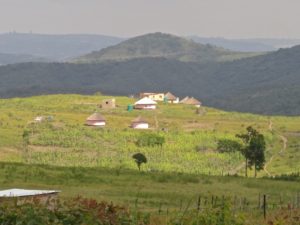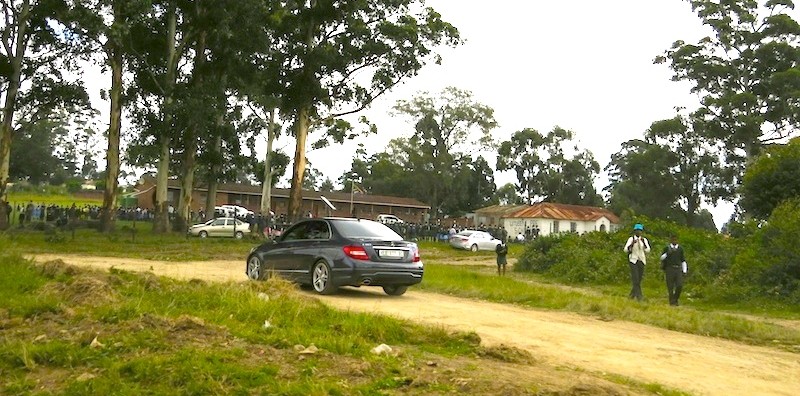Observations of Rural life
Over the past few months I have observed rural life in South Africa. I came here with an open mind and open eyes to observe and see how this part of the world functions. Here are some of my observations that I have found during this trip. These are not meant to be degrading or looked at in a negative or positive sense. I have compiled observations from 3 different rural areas:
Transkei

The Local Shop
While travelling in the Transkei we were exposed to rural life in the Xhosa tribe villages and cities. It was mostly very low income, some people were hungry and others were most certainly not. Diet seemed very basic and consisted of maize, corn, rice & beans. There were many cattle, goats, and sheep roaming. We were told that the animals are more of a wealth status than used for consumption locally. The traditional ways are still relatively strong, but seem to by holding on by a thread as westernization/modernization is creeping into everyday life. We saw a lot of people with cellular phones used for listening to music and texting. The traditional Xhosa way of a marriage dowry, which is usually 7-10 cattle (valued at ~ $700/ea) paid to the family of the bride, has been replaced with if you knock up a girl up, ditch her because your family can’t afford the dowry. We talked to a lot of people along the way and it was quite interesting. It is obvious that change takes a long time and the influence of modern society has a firm grip on anyone under the age of ~30 years.

Mid-Upper Class Transkei Housing
One interesting observation that I made while in the Transkei was that 98% of the people only farm maize or corn for personal use (if they are farming). They have large properties that are given to the families by the town chief, but very little is used for larger scale farming or income generation. In Zululand we have crossed tons of fruit stands with bananas, avocados, pineapples, sweet potatoes, etc. and purchase plenty. This was not the case along the areas where we travelled through the Transkei. The only crops that we saw for sale was the local cannabis crops that many people were very familiar with. Outside of the common folk many of the village headmen and chief’s had nice properties with successful gardens. We talked to a few people about a more diversified garden and it seemed they didn’t know how or never thought of it. I mentioned this to one of the hostel operators and we were told that corruption among social programs was a major problem. Organizations come in to help teach about farming, but do a poor job of budgeting resources to continue the crops year after year. Thus the person in charge takes the money that is left and the people are left no better. This was an area that was almost completely cut off from South Africa during the apartheid, based on giving the blacks their own government and allowing them to function on their own. It really felt like it was another country, so far behind anywhere else we have seen inSouth Africa. The coastline is stunningly beautiful and very sparsely populated. In general the people were friendly, but a little stand-offish toward the mostly white tourist. The children though were so curious and full of smiles. This is where we really felt like we were in a far far far way land, like the kind I’ve only seen on National Geographic.


Recent Comments